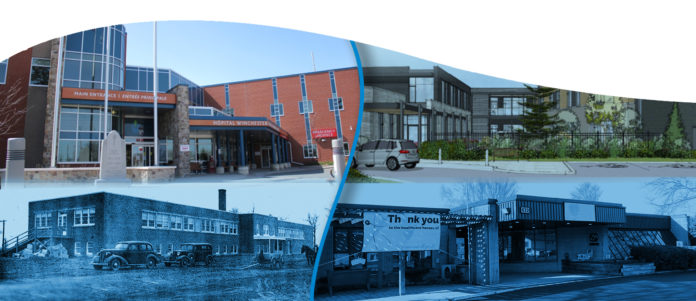Those touched by the care provided to them, or a loved one, are often inspired to give. Their hope is that their gift will show their gratitude and help ensure that this care will continue for their family, friends, and community – now and in the future. Many of these donors want to say ‘thank you’ and wish they could do more.
Some do not realize that there are different ways to give and that there is a way to complete their vision of giving. A gift in a person’s Will or through their estate – often referred to as a legacy gift – is a way to accomplish that goal. Legacy giving can include a gift in your Will or listing the WDMH Foundation as a beneficiary to your RRSP, RRIF, TFSA, or Life Insurance Policy. After loved ones are cared for, this is a wonderful way to support excellent health care in your community and leave a lasting impact. Along with feeling fulfilled and knowing the special legacy you are leaving, legacy giving has incredible tax benefits – meaning your loved ones could receive more.
Many people believe that the size of the gift they could make would not be significant enough. All gifts, no matter the size, are important and leave an impact for our community.
No matter the reason for giving, whether it be for personal fulfillment, a way to say ‘thank you’, or for the charitable tax benefits, a legacy gift will help to ensure our community has excellent care available for everyone close to home.
To learn more about legacy giving to support Winchester District Memorial Hospital and/or Dundas Manor Long-Term Care Home, please contact fellow legacy donor, Erin Kapcala – Manager of Major and Planned Giving for the WDMH Foundation at 613-292-7468 or ekapcala@wdmh.on.ca
Community. Care. Close to Home.
The information and opinions are obtained from various sources believed to be reliable, but their accuracy cannot be guaranteed. The WDMH Foundation and its employees and agents assume no responsibility for errors or omissions or for damages arising from the use of the published information and opinions. Readers are cautioned to consult their own professional advisors to determine the applicability of information and opinions in any particular circumstances.



